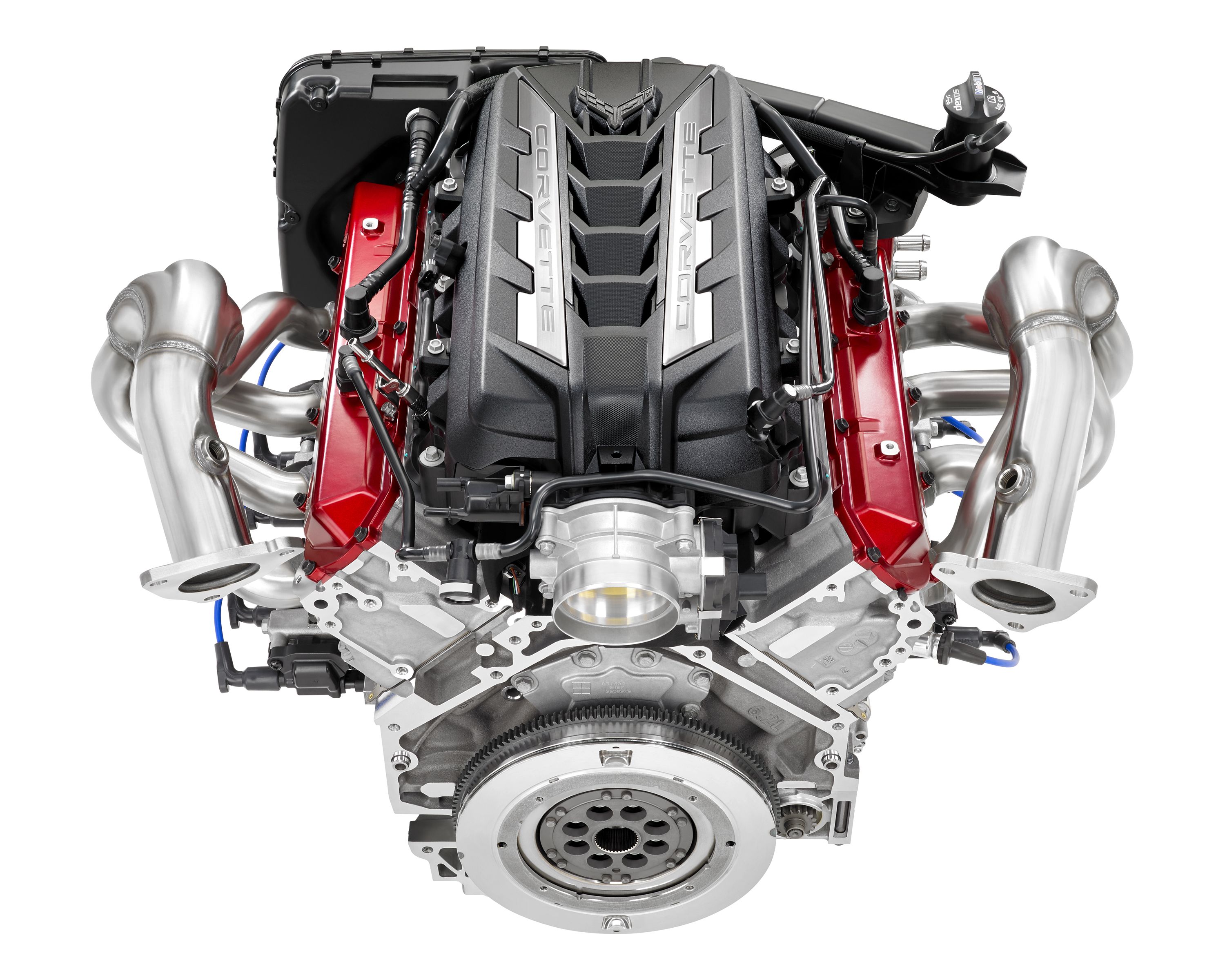Why Organizations Prefer Engines For Africa for Their Fleet
Why Organizations Prefer Engines For Africa for Their Fleet
Blog Article
A Complete Overview to Selecting the Right Engine for Your Project
Picking the appropriate engine for your project is a crucial decision that can dramatically affect its overall success. It is crucial to meticulously specify your job requires, review performance demands, and think about user-friendliness along with other necessary variables. Additionally, comprehending the area support readily available and scrutinizing price implications can additionally improve your selection. Each of these aspects plays a critical duty in making sure that your chosen engine not only meets immediate objectives but additionally lines up with long-lasting ambitions. As we discover these considerations, you may discover that the subtleties of each element reveal greater than originally anticipated.
Specify Your Task Requirements
Specifying your job requires is a vital action in picking the proper engine for effective execution. A thorough understanding of your job's objectives will direct you in identifying the abilities and attributes called for from an engine. Begin by detailing the scope of your project, consisting of the wanted functionality, target market, and the specific end results you intend to accomplish.
Following, consider the technical demands that align with your task objectives. This includes evaluating the compatibility of the engine with existing systems, as well as the programs languages and structures that will be made use of. Additionally, evaluate the degree of scalability called for to suit future development or adjustments in need.
Spending plan restraints additionally play a crucial role in defining your project needs. Establish a clear financial framework to direct your decision-making process, ensuring that the engine chosen fits within your budget plan while providing the necessary functionality.
Evaluate Efficiency Demands

Following, think about the scalability of the engine. Analyze whether it can manage enhanced workloads as your task expands. Engines that support straight scaling are often more suitable for larger applications. Furthermore, examine the engine's efficiency under different conditions, such as peak use scenarios, to guarantee it fulfills your integrity requirements.
Consider Simplicity of Usage
While technical specifications are necessary, the ease of usage of an engine can dramatically affect the advancement process and total task success. An user-friendly interface, clear paperwork, and streamlined workflows can dramatically minimize the understanding contour for developers, enabling them to focus on creativity and analytic instead of facing complex tools.
When examining an engine's ease of usage, take into consideration the onboarding experience. A well-structured introduction, full with tutorials and example projects, can help with a smoother transition for brand-new individuals. In addition, the clarity and comprehensiveness of the engine's documents play a critical role; extensive overviews and API referrals can empower programmers to troubleshoot and check this site out execute functions effectively.
An engine that permits for simple modifications can be more user-friendly, as developers can customize it to fit their particular demands without extensive hassle. Eventually, choosing an engine that focuses on ease of usage can lead to an extra more information productive and enjoyable growth experience.
Assess Neighborhood and Assistance
The strength of an engine's community and assistance network can greatly affect a designer's experience and success. A dynamic community usually suggests a wealth of common expertise, resources, and repairing assistance that can boost your job's advancement process. When assessing an engine, consider the size and activity degree of its neighborhood. Larger areas typically use much more online forums, tutorials, and third-party plugins, making it possible for designers to find services a lot more effectively.
Furthermore, evaluate the availability of official support channels. Trustworthy paperwork, receptive client assistance, and regular updates are vital for resolving technical issues and maintaining your task on track. Engines For Africa. Active communities likewise promote cooperation, giving opportunities for networking and comments, which can be invaluable, specifically for independent developers or tiny teams
Furthermore, examine the existence of community-run events, such as meetups or hackathons. These gatherings can enhance your understanding of the engine while linking you with experienced individuals and prospective collaborators. In summary, a durable neighborhood and assistance system not only streamline advancement however likewise produce an atmosphere for finding out and development, inevitably improving the likelihood of your task's success.
Compare Cost and Licensing Choices
Spending plan factors to consider play a vital role in selecting the appropriate engine for your task, as the expense and licensing choices can click to read considerably impact both short-term expenditures and long-lasting practicality. Engines For Africa. Different engines use varying pricing structures, which can include one-time purchase fees, registration models, or revenue-sharing contracts based upon your task's earnings

Accrediting alternatives likewise vary substantially. Some engines are open-source, using versatility and community-driven support, while others may need exclusive licenses that restrict usage and distribution. Recognizing the implications of each licensing version is important, as it influences possession rights, future scalability, and potential lawful commitments.
Conclusion
Finally, choosing the appropriate engine for a task demands a comprehensive assessment of specified task demands, efficiency demands, ease of use, neighborhood support, and price factors to consider. By methodically resolving these vital elements, decision-makers can make certain placement with both future and present task demands. A well-informed option eventually boosts the likelihood of task success, allowing effective resource allowance and maximizing possible outcomes within the specified budgetary restraints.
Picking the suitable engine for your job is a crucial decision that can substantially impact its total success.Defining your project requires is a crucial step in selecting the suitable engine for successful application. An extensive understanding of your task's objectives will certainly direct you in identifying the capacities and functions required from an engine.Once you have a clear understanding of your task requires, the following step is to evaluate the performance needs of the engine.In conclusion, choosing the ideal engine for a task requires an extensive examination of specified task requirements, performance demands, convenience of use, area assistance, and cost considerations.
Report this page